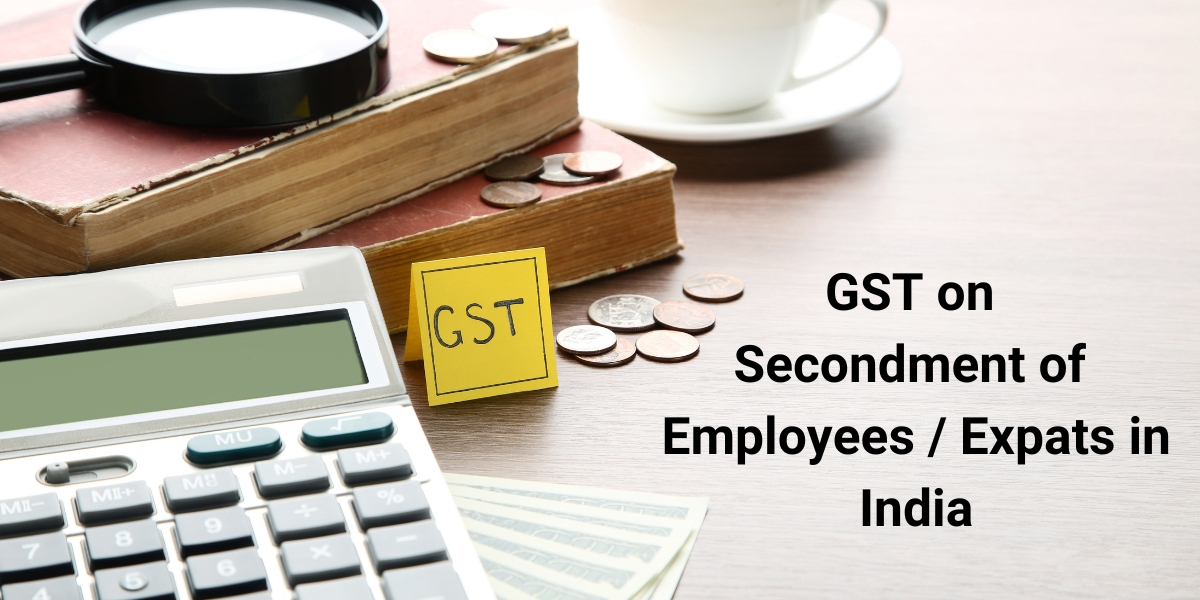


Companies often send their employees to their branches or sister concerns whether within or outside the home country. This is known as the secondment or deputation of employees or expats. One of the important factors in the case of secondment or deputation of expats is taxation. While the income tax provisions are pretty clear, the levy of GST in secondment or deputation of employees has been a matter of much debate. The Supreme Court of India announced a major ruling in one of its pending cases relating to the levy of GST on the secondment or deputation of employees. This subsided the confusion relating to the applicability of GST but was it an absolute ruling? What was the verdict of the Supreme Court? Let’s find out!
The Supreme Court judgement on secondment of employees pertained to the case of Commissioner of Customs, Central Excise & Service Tax-Bangalore (Adjudication) Vs. M/s Northern Operating Systems Pvt. Ltd. (herein referred to as the ‘assessee’). The assessee was in India and entered into a contract with its overseas group entities to render information technology and back-office support services. The employees being sent to the assessee were to act under the control and directions as specified by the assessee. All the salary, incentives, welfare benefits and social security benefits relating to the seconded employees were to be paid by the overseas group entities to the employees. These were to be reimbursed by the assessee to the overseas group entities.
Therefore, the question was whether the assessee was liable to pay the service tax on the amount reimbursed by the assessee to the overseas group entities.
The Supreme Court made the following observations before ruling its judgement:
The Supreme Court concluded that the overseas group entity shall be considered as the real employees of the seconded employees. The following factors played an important role in this regard:
Thus, the assessee in India was receiving the manpower recruitment and supply services from the overseas entity for the duration of the secondment or deputation. Thus, it would result in the import of services and be liable to GST under the reverse charge mechanism. This judgement is significant as it overpowers all the previous judgements passed by various tribunals that the services rendered by the seconded employees shall not be considered in the nature of manpower services.
This Supreme Court judgement on secondment of employees was in line with the facts of this case whereby, as per the terms of the arrangement, it appeared that the services are in the nature of manpower services. However, a different position can be taken and this judgement might not be applicable if the terms of the arrangement are different than those present in this case. This shows the importance of the legal contracts and agreements being entered into between two or more entities, the language being used therein and the nature of arrangement that gets reflected through such contracts. In case you need any further information relating to expat regulations and taxation in India, feel free to contact the ASC Group.
Read More - Decoding Dual Employment in the case of Expats
























































Leave a Reply
Your email address will not be published. Required fields are marked *